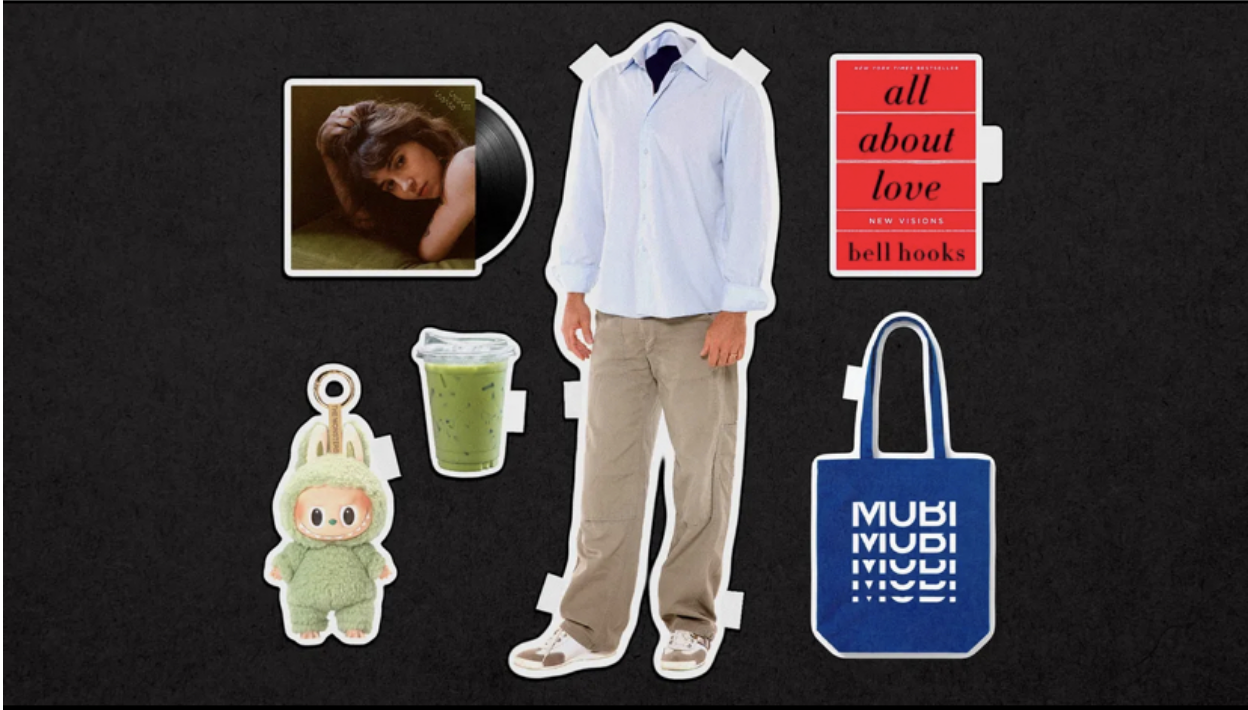Dorm Days Are Over: Guide to a Sustainable Apartment
Written by Maya murali
Nostalgia washes over me as I reminisce about my days in a tiny twin XL bed, accompanied by just a mini fridge and the most uncomfortable desk chair I’ve ever encountered. However, like many second-year students, I couldn’t be happier to have my first apartment.
With an apartment, though, comes a lot of new responsibilities, and sustainability often takes the backseat. However, making an eco-friendly apartment doesn’t have to be expensive or time consuming: here are three easy hacks to level up your living space.
Composting
Source: UT Green Events
Don’t worry, I’m not asking you to start keeping a box of worms and rotting garbage in your apartment. Did you know that UT’s very own Campus Environmental Center (CEC) hosts Compost Drop-Offs every week? On Mondays from 11:00 AM - 12:30 PM, you can drop off your compost with the Green Events team at the WCP on Speedway.
It couldn’t be any easier than this: simply save your food scraps throughout the week and bring them down to the WCP on Monday mornings! If you’re worried about bad smells, freezing your scraps is a great way to keep them from rotting.
Not only does composting help cut down on methane emissions from food waste, it also rejuvenates the soil. No amount of compost is too little! Reach out to the Green Events team if you have any questions about composting at @utgreenevents on Instagram.
Grocery Shopping
Source: “What If We Told You All Males Are Performative?” Them, 2025
As much flack as performative males get, they’re getting one thing right — tote bags. Swapping plastic bags for reusable ones is one of the easiest and most impactful actions you can take. Plastic bags aren’t recyclable through typical recycling bins; instead, they must be dropped off at locations like H-E-B which process them for recycling. Save yourself the trouble and invest in a trusty tote (but maybe leave out the matcha and the Laufey merch?) and leave it by your door so you don’t forget!
“Don’t go grocery shopping hungry” is great life advice not just for your wallet but also for the planet. Meal-prepping and shopping consciously saves us from unnecessary impulse buys that inevitably become waste. Instead, try making a list and checking it twice (a la Santa Claus).
Living sustainably isn’t about forcing yourself into a certain lifestyle – it’s about adapting the way you already live. If you know you tend to forget about items in your fridge until your fridge starts inventing new smells, opting for frozen vegetables can cut down on food waste. If going vegan isn’t realistic, try cutting out meat just a day or two a week. Every action counts.
Bars over Bottles
Source: ZeroWasteStore, n.d.
Good advice for a Saturday night — and for the planet. A super simple way to reduce your plastic use is by switching from bottles of soap, shampoo, and conditioner to bars. Yes, shampoo bars exist, and they can actually be better for your hair with their gentler ingredients.
Why stop there? From cleaning products to laundry detergent, plastic-free tablets dissolvable in water exist for every aspect of our lives. These laundry detergent tablets from Blueland are available at our campus Target and they couldn’t be easier to use. Blueland also makes dissolvable tablets for dishwasher detergent, hand soap, multipurpose cleaner, and more at accessible price points.
Imagine 2,000 garbage trucks full of plastic. That’s how much plastic we release into our waters every day. Two-thirds of the plastic we produce every year is short-lived, ending up in landfills and oceans. Worse, this plastic doesn’t just break down; instead, it becomes microplastics, which have now pervaded every ecosystem in the world – including our bodies. Microplastics could be weakening our immune systems and having countless currently unknown effects down the line.
It’s hard to imagine a world without single-use plastics, but they’ve been commonplace for just 70 years. That’s younger than I Love Lucy, the first NBA game, or President Jimmy Carter. The point is, there’s people alive today that remember our world before single-use plastics, and it’s high time we return to that world, for the sake of our environment and our health.
One of the biggest barriers to change is individuals not realizing their power. While I can’t in good conscience say that your shampoo bar is going to outweigh the carbon emissions of a billionaire’s superyacht, being conscious about how we spend our money and live our lives signals to the world that we care. Supporting student-led composting initiatives paves the way for a more streamlined, larger scale university composting program. Supporting companies with plastic-free products encourages larger corporations to rethink their packaging and waste. Consuming even marginally less meat emboldens restaurants to provide actually tasty, innovative plant-based options. Climate action is less about the scale of a single choice, and more about the collective change that choice can spark.
So let’s start with these simple actions — you never know how far your choices will reach.
CITATIONS
“The 14 Shampoo Bars That Work Just as Well as Liquid Counterparts.” Byrdie, www.byrdie.com/best-shampoo-bars-4707191.
AdornThemes. “How Did We Live before Single-Use Plastic?” GoSili, www.gosili.com/blogs/news/life-before-single-use-plastic.
Savchuk, Katia. “What’s the Deal with Microplastics, the Material That “Never Goes Away”?” News Center, 2025, med.stanford.edu/news/insights/2025/01/microplastics-in-body-polluted-tiny-plastic-fragments.html.




